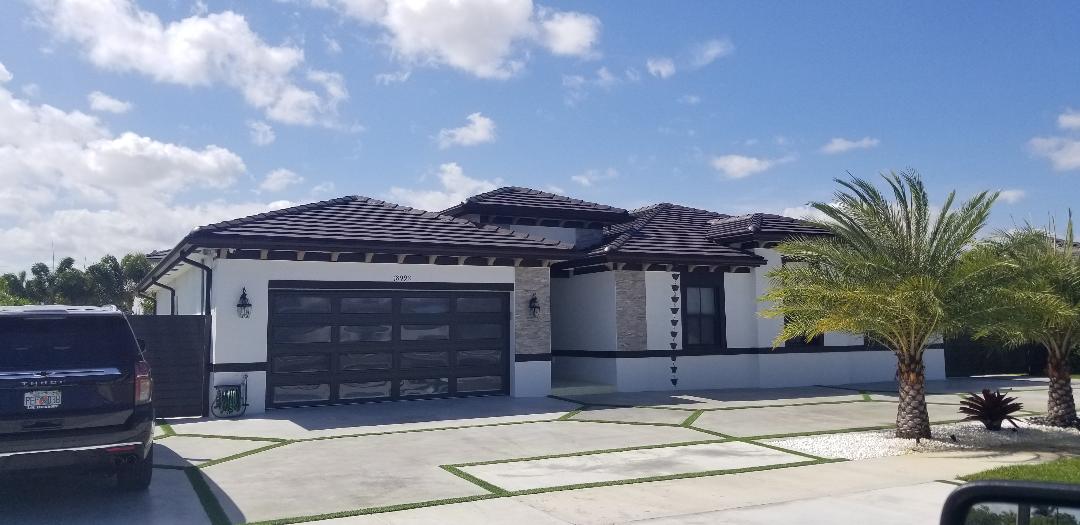
A Beginner's Guide to Troubleshooting Common Garage Door Issues Oct 02, 2025
One of the most common problems with garage doors is the refusal to open or close. This issue often stems from something as simple as dead batteries in the remote. Before contemplating more complex repairs, always check the batteries. If the remote is functioning correctly, the next step is to inspect the garage door opener’s power supply. Ensure that it's plugged in and that the circuit breaker hasn’t tripped. If these basic checks don't resolve the issue, there might be a problem with the door’s photo-eye sensors. These sensors are responsible for preventing the door from closing on objects by sending a signal if something is in the path. Dirt or misalignment can cause these sensors to malfunction. Ensure the sensors are clean and properly aligned to restore full functionality.
Another typical issue is a noisy garage door. While some noise is normal, excessive or new noises can indicate specific problems. Squeaking or grinding sounds usually signal the need for lubrication. Applying a spray lubricant to the rollers, tracks, and hinges can often resolve these noises. If the noise persists, it might point to worn-out parts such as rollers or springs. In this case, reaching out to a professional from DC Garage Doors is advisable to avoid potential injuries during replacement.
A third issue involves garage doors that open unevenly or close partially. Such problems often suggest an imbalance. To test the balance, disconnect the opener and lift the door manually halfway. If it doesn’t stay in place, the door is out of balance. This situation typically demands adjusting the spring tension, an adjustment that is better left to professionals to prevent accidents.
When your garage door reverses before hitting the floor, it’s likely due to problems with the close-limit switch. This switch instructs the garage door how far to move to close. Adjusting this switch is usually straightforward and can be done by following the manufacturer’s manual. However, if troubleshooting doesn't solve the problem, the motor unit may need repair, or the door might need re-alignment.
Finally, if the garage door does not respond to the remote or wall control, interference from other electronic devices, misconfigured settings, or a faulty motor could be to blame. Resetting the system or checking for signal interference may resolve these issues.
By addressing these common garage door problems, you can minimize disruptions and maintain home security efficiently. Nevertheless, if you're unsure about handling any of these issues or face complex repairs, contacting DC Garage Doors for professional assistance is always the best choice. Not only will their expertise ensure safety, but it also guarantees the job is done right.
By following these troubleshooting tips, you can keep your garage door in optimal condition, leveraging DC Garage Doors' expert services whenever necessary to ensure all repairs and maintenance are conducted safely and effectively.
/filters:no_upscale()/filters:format(webp)/media/1158c41d-ae17-4246-b1d1-b07f6f5b51af.jpeg)
/filters:no_upscale()/filters:format(webp)/media/e949305f-7623-48eb-af7d-762800738085.jpeg)